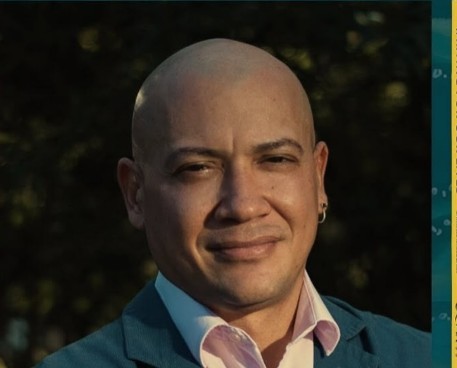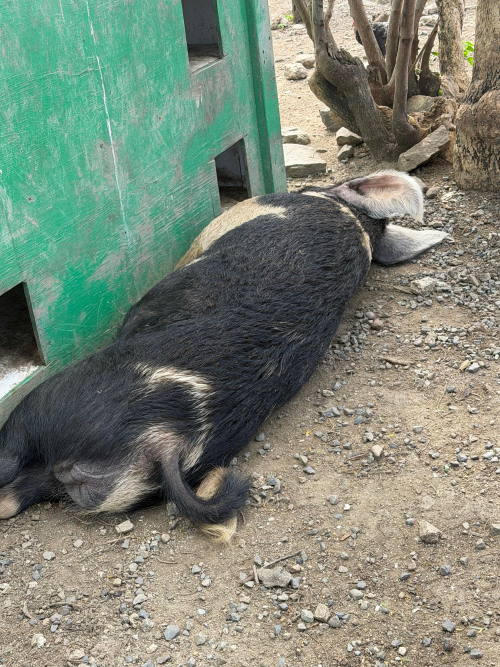Dear Editor
Small claims court was established to facilitate the recovery of funds owed to individuals in a civil manner and has served the community well. The only drawback is when a defendant does not have an address registered with the census office. In this scenario, the plaintiff usually wins his/her case because the defendant did not receive the summons, but at the same time, it makes it difficult for the plaintiff to collect.
Unlike the government's gerechtsdeurwaarders, regular deurwaarders do not have the authority to request banking information from banks, nor do they have the power to request tax filings or employment information from the tax department.
This leaves the plaintiff at a huge disadvantage, as they would have to pay a serving fee and a garnishment charge upfront, without a guarantee of recouping their funds, and would also incur additional administrative costs.
In the same way, the government wants its money, so the small claim plaintiffs want theirs. When a defendant loses a case in small claims court, they should also lose their right to financial and employment privacy. Also, by rights, they should be fined for not having their correct address registered with the Census Office.
Currently, too many people are getting away with it, as the restrictions imposed on regular deurwaarders seriously undermine their authority. These conditions also deter many people from using the small claims court and may prompt some to collect their money the old-fashioned way.
Francis D. Hodge






 Dear Editor,
Dear Editor, PHILIPSBURG:--- Yesterday, while visiting the scenic Bells Lookout Point, we were met with a deeply upsetting sight that left tourists and onlookers heartbroken. A large pig and several young chickens were found in distressing conditions at the top of the mountain.
PHILIPSBURG:--- Yesterday, while visiting the scenic Bells Lookout Point, we were met with a deeply upsetting sight that left tourists and onlookers heartbroken. A large pig and several young chickens were found in distressing conditions at the top of the mountain.




